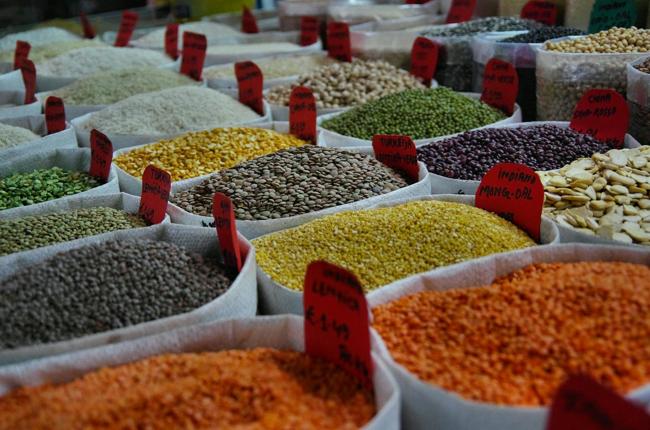Summary
Freelance strategic consultant Olivia has raved about an unusual diet change she made in recent years that completely ‘transformed’ her health and her lifestyle
Source: RSVP Live

AI News Q&A (Free Content)
Q1: What are the general characteristics of a plant-based diet, and how does it differ from other diets like the Mediterranean or carnivore diet?
A1: A plant-based diet primarily consists of foods derived from plants, including vegetables, fruits, whole grains, legumes, nuts, seeds, and herbs. Unlike the Mediterranean diet, which includes moderate fish and dairy, a plant-based diet can be entirely vegan or vegetarian but isn't limited to those definitions. The Mediterranean diet, inspired by traditional eating habits of Greece and southern Italy, emphasizes unprocessed cereals and olive oil alongside plant foods. Conversely, the carnivore diet focuses exclusively on animal products and lacks dietary fiber, increasing the risk of chronic diseases.
Q2: What health benefits have been observed from a plant-based diet intervention among patients at risk for cardiovascular disease?
A2: A study published in 2025 evaluated a virtual plant-based culinary intervention among patients with cardiovascular disease risk. Participants experienced a 19% decrease in perceived stress, a 6-8% increase in positive affect, and a 13% decrease in negative affect. Improvements in energy, fatigue, and general health-related quality of life were also reported. These benefits were attributed to social support, improved health status, and diet factors.
Q3: How is Poland's attachment to meat affecting the adoption of plant-based diets, according to recent research?
A3: Research from 2025 explored Polish consumers' attachment to meat and their willingness to switch to plant-based diets. Poland, known for high meat consumption, shows a strong cultural attachment to meat, posing challenges for the adoption of plant-based alternatives. However, there is a growing interest in diversifying diets with plant-based options among younger and more environmentally conscious consumers.
Q4: What role does fiber play in plant-based diets, and why is it important for health?
A4: Fiber, abundant in plant-based diets, is crucial for maintaining digestive health, stabilizing blood sugar levels, and reducing the risk of chronic diseases such as heart disease and type 2 diabetes. High-fiber diets contribute to a feeling of fullness, aiding in weight management, and support a healthy gut microbiome, which is essential for overall health.
Q5: Can plant-based diets contribute to weight loss, and if so, how?
A5: Yes, plant-based diets can aid in weight loss due to their high fiber content, which promotes satiety and reduces overall calorie intake. A study on the Mediterranean diet, which shares many characteristics with plant-based diets, has shown effectiveness in aiding weight loss among obese individuals. Plant-based diets are typically lower in calories and fats, making them an effective option for weight management.
Q6: What impact does a plant-based diet have on environmental sustainability compared to meat-based diets?
A6: Plant-based diets have a significantly lower environmental impact than meat-based diets. They require fewer natural resources such as water and land and result in lower greenhouse gas emissions. Reduced meat consumption can lead to a decreased carbon footprint, contributing positively to efforts against climate change and promoting sustainability.
Q7: How are innovations in plant-based foods impacting consumer choices in the retail sector?
A7: Innovations in plant-based foods, such as the development of plant-based meat alternatives, are expanding consumer choices in the retail sector. These innovations cater to health-conscious and environmentally aware consumers, leading to a rise in demand for plant-based products. Retailers are increasingly stocking these products, reflecting a shift towards more sustainable and health-focused consumer preferences.
References:
- Page: Plant-based diet
- Published: 2025-04-16
- Title: Influence of a Virtual Plant-Based Culinary Medicine Intervention on Mood, Stress, and Quality of Life Among Patients at Risk for Cardiovascular Disease.
- Published: 2025-04-11
- Title: Polish Consumers' Attachment to Meat: Food and Plant-Based Meat Alternative Choices.





